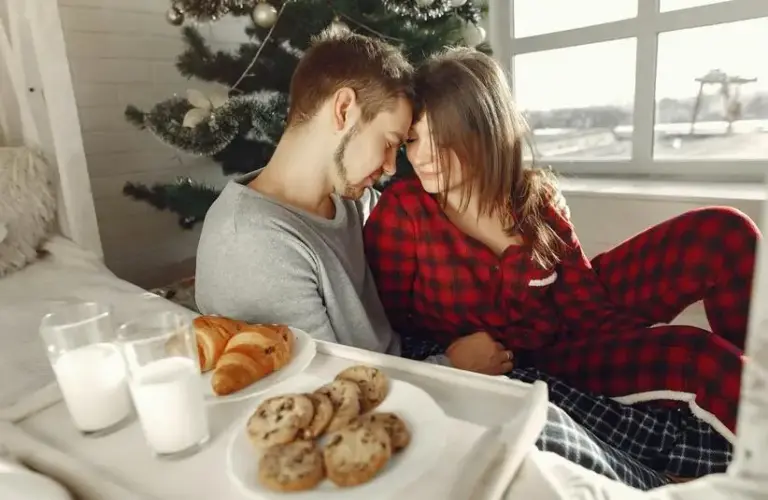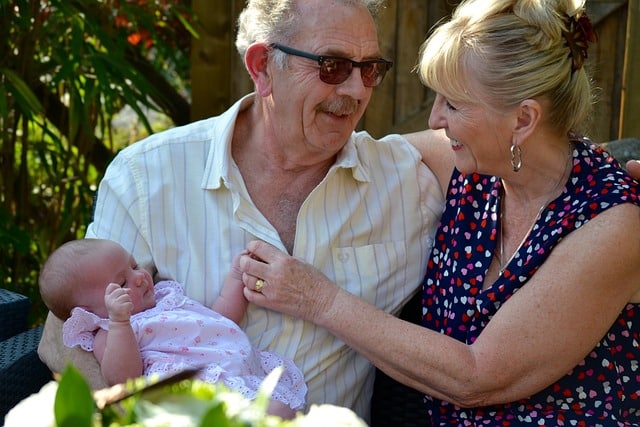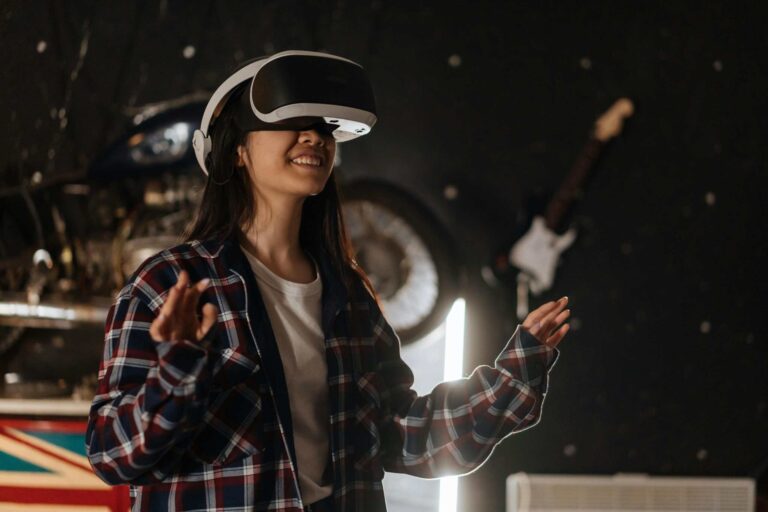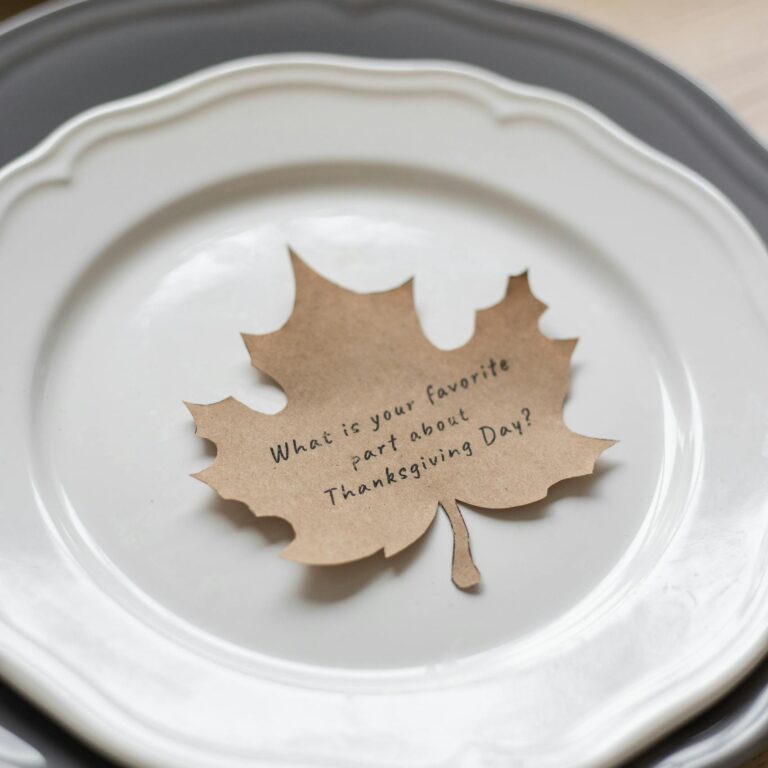What Are Parasocial Relationships? Exploring One-Sided Bonds in the Age of AI and Social Media
You might not use the word parasocial, but you probably know the feeling. That one podcaster who’s basically your walking buddy. The Twitch streamer whose late-night grind keeps you company when you can’t sleep. The author whose words stitched up wounds you didn’t even know you were carrying.
Parasocial relationships are one-sided connections, where you know a lot about someone who doesn’t know you back. It’s not creepy. It’s human. We’re built for connection, and our brains don’t always sort out whether that connection is happening across a dinner table or through earbuds.
The tricky part? These bonds can feel just as real as face-to-face ones. And in a way, they are.
Why Parasocial Connections Feel So Powerful
When someone shares themselves through a screen, mic, or page, it can mimic the intimacy of friendship. You hear their inside jokes. You see their highs and lows. You witness their growth in real time. It can feel like being let in on something private, even if it’s broadcast to thousands.
Our brains reward us for these interactions. They release oxytocin, the same “bonding hormone” we get from being with loved ones. That’s why it’s so easy to say, I feel like I know them.
And in a sense, you do. You know their curated self, their art, the slice of them they’ve chosen to share. But that’s not the same as mutual intimacy. That’s where people get tripped up.
The Beauty (and the Risk) of Parasocial Relationships
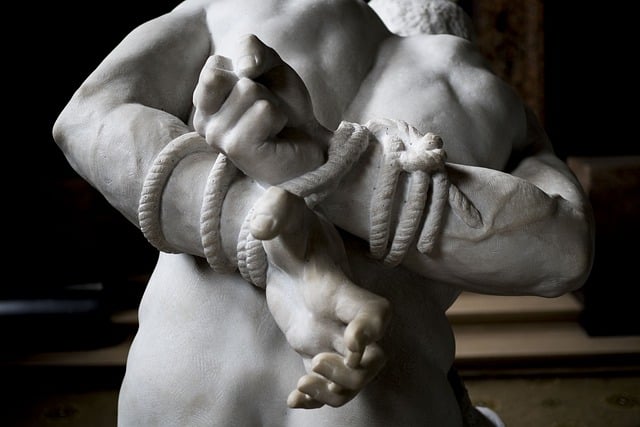
Let’s be clear: parasocial relationships aren’t bad. They can be comforting, inspiring, even life-saving. They’ve carried people through breakups, grief, depression, and lonely nights. Sometimes, knowing your favorite creator will upload on Tuesday is the one stable thing in a chaotic week.
There’s a kind of magic in feeling less alone just because somebody else put their story into the world. That’s real value. That’s impact.
The risk comes when that connection crosses into expectation.
Maybe you feel hurt when a creator takes time off. Or betrayed when a celebrity makes a choice that doesn’t line up with your values. Maybe you catch yourself waiting for a reply to your DM the same way you’d wait for a friend’s.
That’s when it helps to pause and ask: Am I asking for reciprocity that this relationship can’t actually give me?
When Parasocial Becomes Problematic
Signs it might be slipping into unhealthy territory:
-
Disappointment hits like heartbreak. If a creator doesn’t post and it feels like being ghosted, that’s a red flag.
-
You’re spending more time with them than with people in your real life. Online connection should supplement, not replace, our offline relationships.
-
You’re keeping score. Feeling like a creator “owes” you content, attention, or consistency because you’ve invested time, money, or emotion.
-
Their choices feel like personal betrayals. Remember, you’re seeing part of their life, not living in it with them.
None of this means you’re weak or “delusional.” It just means the line between admiration and intimacy blurred, and your brain forgot which kind of bond it’s dealing with.
How to Keep Parasocial Relationships Healthy
The goal isn’t to cut them out, it’s to hold them for what they are. Here are a few grounding practices:
-
Name it. Literally remind yourself: “This is a parasocial relationship.” Naming it helps anchor you in reality.
-
Diversify your connections. Build community with people who can reciprocate. Your friends, coworkers, online groups where there’s actual back-and-forth.
-
Check your emotional investment. Ask: “Am I expecting this person to meet needs that only real-world intimacy can meet?”
-
Celebrate the good without demanding more. It’s okay to love someone’s work deeply. Just keep it in the lane of inspiration, not obligation.
-
Notice the balance. If more of your emotional world revolves around someone you’ll never meet than the people right in front of you, that’s worth recalibrating.
The Bigger Picture
Parasocial relationships show us something important: humans are wired for story. For voice. For shared experience. That’s why you can ugly-cry over a character’s death, cheer for a stranger’s career milestone, or feel gutted when your favorite band breaks up.
But story alone can’t replace presence. It can’t hug you when you’re grieving, sit with you at the doctor’s office, or tease you when you forget your keys again. Real intimacy requires vulnerability both ways.
Parasocial relationships are powerful, but they’re not built to carry the weight of your whole heart.
The Takeaway
Parasocial relationships are part of modern life. We all have them. They’re not fake, they’re not shameful, and they can be genuinely supportive. But they’re also not replacements for the messy, reciprocal, vulnerable connections we build face-to-face.
You can love a creator’s work, laugh with a podcaster, cry with a character, and still know the difference between connection and relationship. When you hold that balance, parasocial bonds can add richness to your life, without stealing from the relationships that actually shape it.
And maybe that’s the best way to honor both: by letting the creators you love inspire you to go live more deeply with the people who can love you back.


